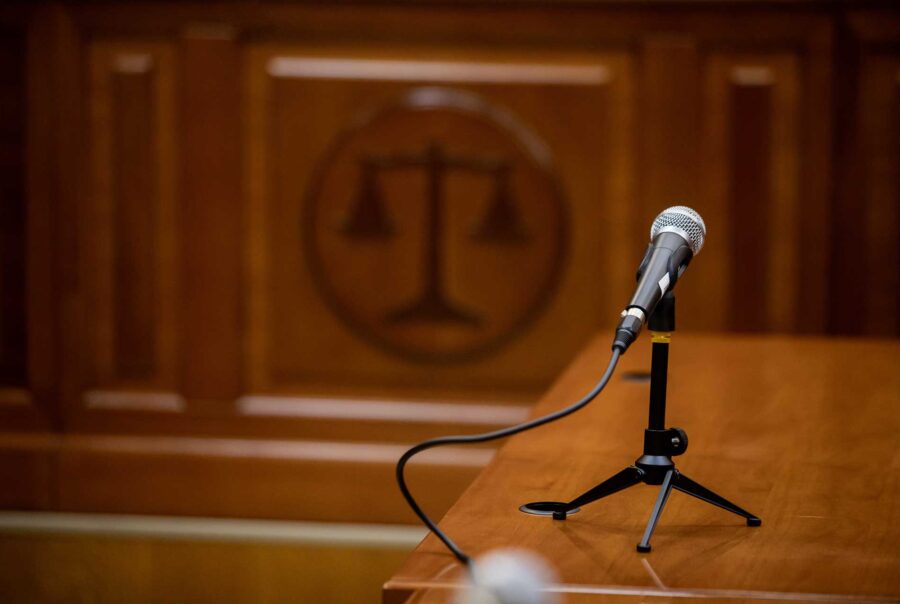Technical Expert Testimony
Dr. Guillermo Pereira
Dr. Guillermo Pereira, Senior Energy Analyst at Union of Concerned Scientists, submitted expert testimony in a case before the Illinois Commerce Commission determining if ComEd’s Multi-Year Integrated Grid Plan is reasonable and if it complies with the Public Utilities Act.
Dr. Pereira provided recommendations to improve ComEd’s proposed grid plan in order to meet requirements set forth by the Climate and Equitable Jobs Act. The act states that utilities must design their grid plans to bring at least 40% of the benefits of grid modernization and clean energy investments to Equity Investment Eligible Communities (EIEC) in ComEd’s service territory.
Dr. Pereria acknowledged the efforts and equity concerns ComEd’s plan addressed. However, he found the plan lacked a detailed framework to explain, track, and report on how these proposed benefits would reach households in Equity Investment Eligible Communities. He recommended ComEd develop a plan that laid out (1) the specific benefits being created, (2) the magnitude of those benefits, and (3) who is receiving those benefits. As it stood, he found the proposed plan lacked transparency and accountability for meeting the 40% target.




